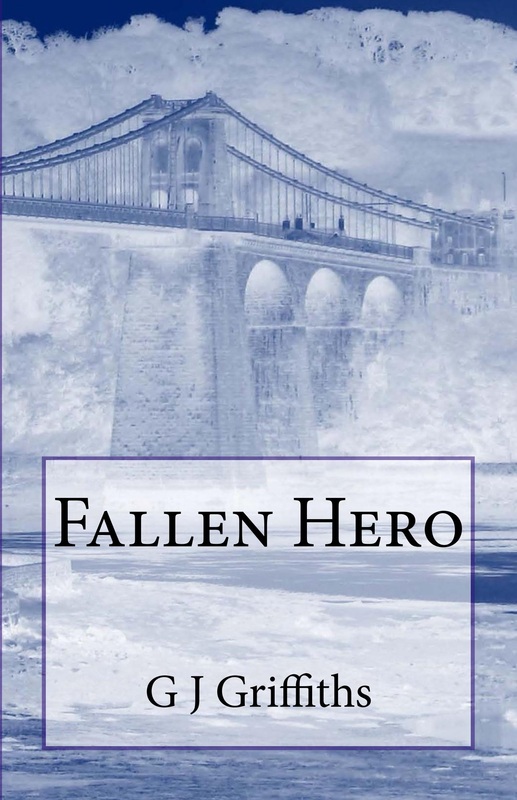Many years ago in the 1970s my friends, Chris and Dawn, were driving slowly into a roughly flattened field used as a car park in Styal, Cheshire. They had been there many times before, often with their family, to walk and experience the wooded countryside along the River Bollin. On this occasion, however, they had come at what they hoped would be a quiet time for Dawn to practice reversing the car around a corner, and parking into tight spaces. The car park was large and rarely full at that time and Chris thought it would be a good place for Dawn to practice before booking her driving test.
Much to their surprise, as they entered the car park, they found several large tipper lorries and a couple of road-rollers there before them. Work seemed to have begun on improving the surface of the car park and there were great heaps of limestone chippings and tarmac on the far side as more evidence of this. The sight of all the roadwork that was going on in front of them was of course a little off-putting to a learner driver and Dawn, who was now in the driving seat, said, ‘I think we’d better forget it and go home, Chris.’
‘I agree,’ said Chris. ‘Pull up here and I’ll drive us home.’
Dawn stopped the car and just at the moment that Chris was getting out of his seat to swap places with Dawn, he stared out in a very concentrated fashion at something about twenty to thirty yards away from them. Dawn applied the handbrake and turned to look in the same direction as Chris.
‘Look at that lorry!’ he suddenly shouted, pointing at what appeared to be a parked ten-tonner. Dawn looked.
‘It’s moving very slowly!’ yelled Chris. ‘There’s no-one in the cab!’
With that he leaped from the car, raced across the car park and tried to climb up into the cab of the extremely old and rattling lorry. The engine was running and it was in neutral gear, but the vehicle was gathering speed as it free-wheeled its way towards a steep thirty-foot slope at the edge of the field. Chris was very aware that school parties of small children were often being led along the path at the bottom of the slope, out on a nature walk. He had to act quickly but had no idea how to put the lorry’s gear lever into reverse and was scared of putting it into a forward gear by mistake. Sat up there, above even the roof of his own vehicle, he jammed his foot on the brake and the lorry stopped and rattled resentfully ten feet from the top of the slope. The loose and wobbly hand brake lever was easily pulled to its maximum height position by Chris, and he stared at it for a few seconds after he’d let go. He was convinced that this resentful ten-ton machine, whose cab he’d invaded, was determined to rattle the hand brake off again. Did he dare get down from the driving seat? Did he dare switch off the engine?
He yanked hard again on the hand brake, fearful that it was so old and loose that it would just break off in his hand. Thankfully it did not break off but stayed in place, weakly holding back the rattling monster. Chris climbed down and returned to the breathless Dawn, who had been unable to watch him and breathe air at the same time.
At that moment a man dressed in a large tatty jumper and well-worn worsted trousers appeared on the scene. He was obviously the driver of the lorry because he was about to climb up into his vehicle. He did not seem to be at all concerned that the lorry was now forty feet closer to the mini-precipice.
‘Hang on!’ Chris approached the lorry driver. ‘Your lorry rattled the hand brake off and it was rolling across the car park,’ he told the man. By now adrenalin had reached Chris’s stomach and legs and he was feeling just as wobbly as the lorry.
‘Oh, yes,’ laughed the man. ‘It’s always doing that!’ And he got in and drove the tipper-lorry with its load of chippings to the far side of the field; the field that would eventually become the present-day car park of the National Trust’s Quarry Bank Mill.
Chris and Dawn drove back home in a slight daze with Dawn telling her husband repeatedly that he was a hero – her hero.
Originally this true story was meant to connect to my Fallen Hero novel, and the way that thousands of people all over the world are doing things that you could call heroic; not perhaps in the fighting wars and battles way, but in the way that doctors, police, social workers, teachers and parents – and ordinary joe-publics - affect others so that their lives are saved, or just become better than they were the day before. And then, before I’d finished it, Channel Four began their new drama series called The Mill and we were given a glimpse into the horrendous working conditions endured by kids “rescued” from the workhouse; little children who had to slave away for hours in a nineteenth century cotton mill. If ever anyone needed a hero they did!
We can be very grateful that things have improved so much since then, although there are still parts of the world where heroes are desperately working to improve the working conditions of present-day virtual slaves and under-age children. Let us applaud and support the work they do!

 RSS Feed
RSS Feed






